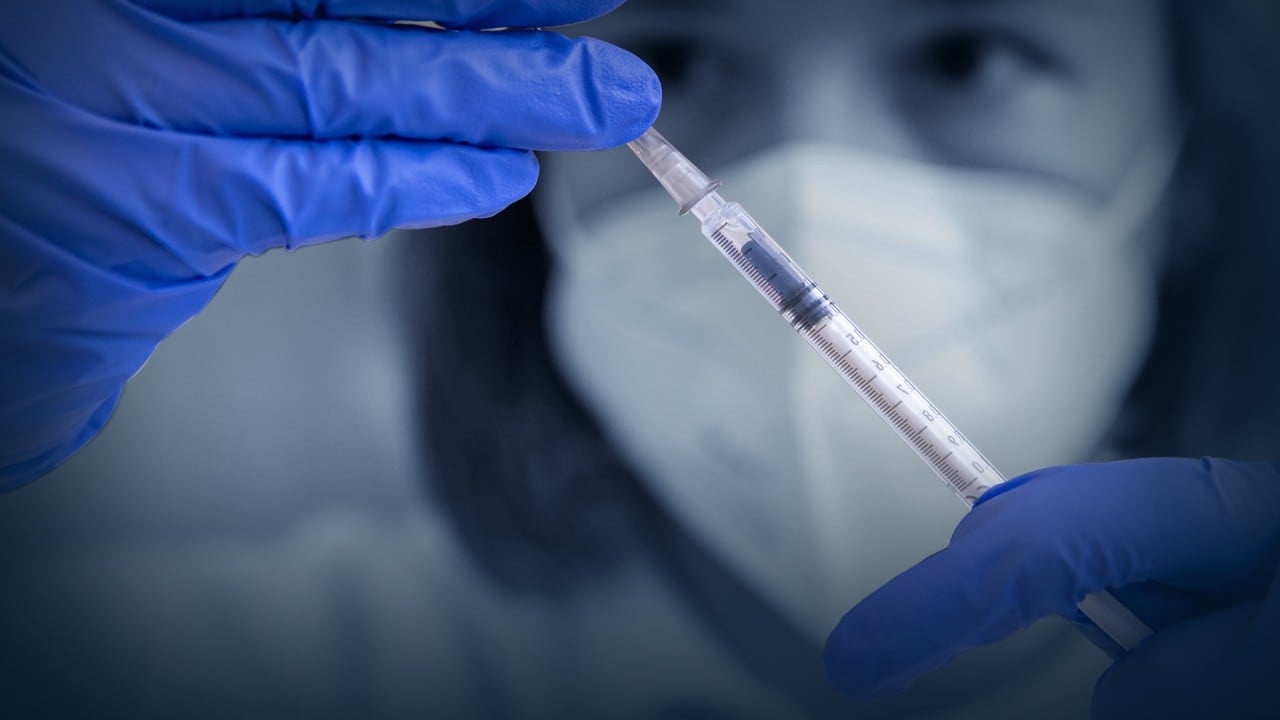
Covid-19 booster jabs given at lower dosage in trial – and it may help global supply
- International trial seeks to assess the protection offered by a reduced dosage, along with mixing shots of different vaccine types
- It could help ensure a more equitable supply of vaccines, with poorer nations still struggling to obtain them, and give guidance on when boosters are needed
The Coalition for Epidemic Preparedness Innovations (CEPI), a global foundation that funds vaccine development, said the trials of up to 3,300 healthy adults in Australia, Indonesia and Mongolia would also shed light on mixing and matching vaccine types and whether giving fractional doses produces fewer side-effects.
“For example, results could suggest that a reduced booster dose would improve, broaden and prolong the immune response following a primary series of Covid-19 vaccination, while also putting less strain on first dose supplies,” CEPI said in a statement issued with the research lead, the Murdoch Children’s Research Institute in Australia.
Fractional dosing has been used successfully against other diseases. In 2016, the World Health Organization (WHO) approved one-fifth doses of the yellow fever vaccine as an emergency measure during major outbreaks in Angola and the Democratic Republic of Congo. The approach was repeated during Brazil’s yellow fever vaccination campaign in 2018.
Unpredictable supply of vaccines, or of the same vaccine product, is cited as a common reason for mix-and-match vaccination.
The vaccines developed by Chinese companies Sinovac and Sinopharm are the inactivated type. The Oxford-AstraZeneca vaccine uses a viral vector, while Pfizer-BioNTech and Moderna jabs are mRNA vaccines.
The leader of the new vaccines group at Murdoch Children’s Research Institute, Kim Mulholland, who is in Mongolia preparing for local trials, said existing studies suggested that mRNA vaccines made the best boosters.
“Countries like Mongolia made the decision to go with Pfizer for boosting their essentially Sinopharm-vaccinated community, which I think is a rational decision,” he told the South China Morning Post.
The year-long study could offer countries realistic guidelines and a long-term solution regarding boosters, he said.
“High levels of antibodies is only one parameter,” he said. “There are many aspects of immune response and we need to think about the duration of protection [against severe disease].
“Countries want to know when they have to give boosters. They don’t want to be in a situation where in three or four months someone says we need to do this again.”
The change allows adults who have had two doses of the inactivated vaccines made by Sinopharm and Sinovac to opt for a booster of Anhui Zhifei’s protein vaccine or CanSino’s vectored jab.
Booster shots have been found to increase levels of antibodies, an indicator of protection. But the WHO last month issued a reminder that, “while some countries may recommend booster doses of vaccine, the immediate priority for the world is accelerating access to the primary vaccination”.
Covid-19 experts agree: 2021 was a failure for vaccine distribution
On Friday, WHO chief Tedros Adhanom Ghebreyesus said: “High vaccine coverage in some countries, combined with the lower severity of Omicron, is driving a dangerous narrative that the pandemic is over.”
CEPI, which will provide up to US$8.7 million in funding for the new trial, said its findings could help tackle global vaccine inequity “with the vast majority of populations in low-income countries still waiting for their first vaccine dose”.
“This new partnership will be key to showing us whether reduced booster dose shots could provide adequate protection against current and future variants, while also potentially showing that supplies of first doses to those in urgent need not be compromised,” said CEPI’s director of vaccine R&D Melanie Saville.


